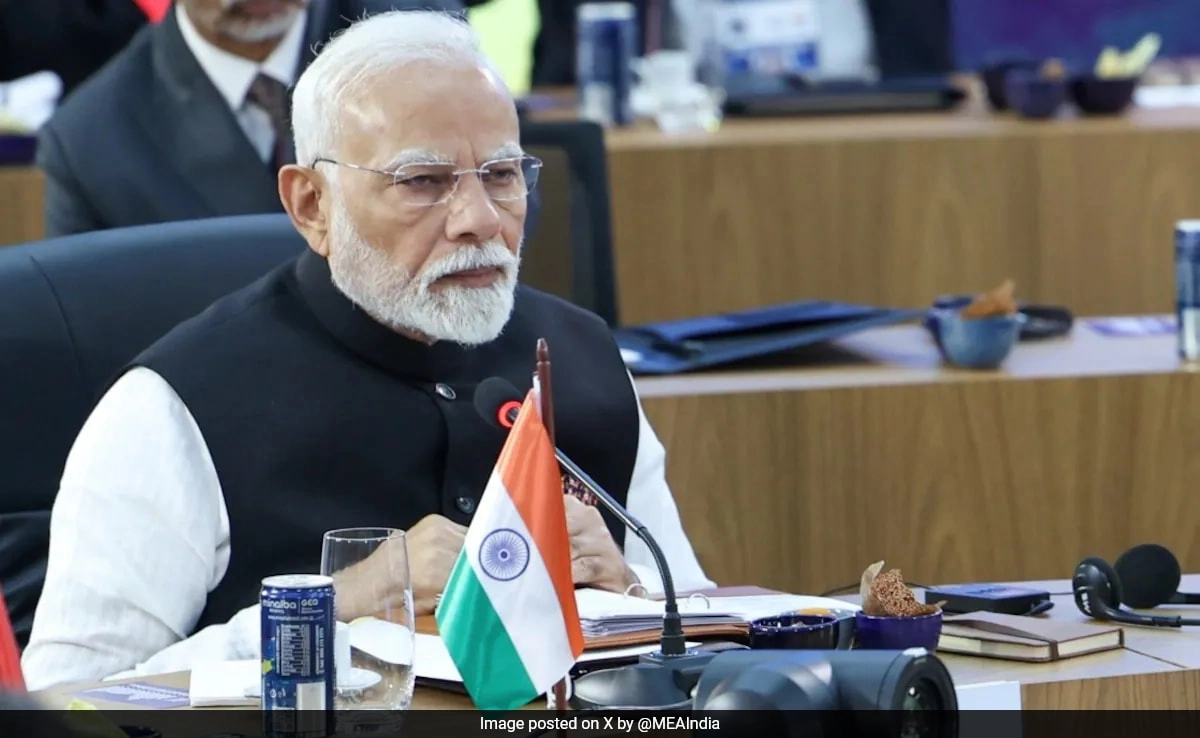During a recent BRICS summit, Indian Prime Minister Narendra Modi delivered a powerful and scathing critique of Pakistan, explicitly accusing the nation of harboring and supporting terrorism. His remarks came against the backdrop of ongoing global discussions about security and the need for collaborative efforts to combat terrorism. Modi emphasized that nations must not only condemn acts of terrorism but also take decisive actions against those who sponsor and support such activities. This call to action was particularly directed toward Pakistan, which has long been viewed by India as a state that provides sanctuary to various terrorist organizations.
Modi’s speech underscored the growing frustration of India and other countries that have suffered from cross-border terrorism. He highlighted the urgent need for a unified global stance against nations that enable terrorism, suggesting that such support not only destabilizes regions but also poses a significant threat to international peace and security. The Prime Minister’s comments resonated with many leaders at the summit, who recognize that terrorism is a global menace that transcends national borders. By spotlighting Pakistan’s role, Modi aimed to galvanize international support for stricter measures against state-sponsored terrorism.
The Indian Prime Minister’s address is part of a broader diplomatic strategy to isolate Pakistan on the global stage, particularly in forums like BRICS, where emerging economies collaborate on economic and political issues. By framing the conversation around terrorism, Modi effectively shifted the narrative, urging world leaders to hold accountable those nations that contribute to the perpetuation of violence and instability. This strategic positioning not only seeks to enhance India’s security concerns but also aims to foster a collective response to a problem that affects all nations.
Furthermore, Modi’s remarks reflect a growing recognition that terrorism is not merely a regional issue but a global challenge that requires a cohesive and coordinated response. As countries grapple with the implications of terrorism on their sovereignty and safety, the importance of international cooperation becomes increasingly evident. Modi’s passionate declaration at the BRICS summit serves as a reminder that the fight against terrorism must be a priority for all nations, and that solidarity in this endeavor is crucial for achieving lasting peace and security worldwide.




